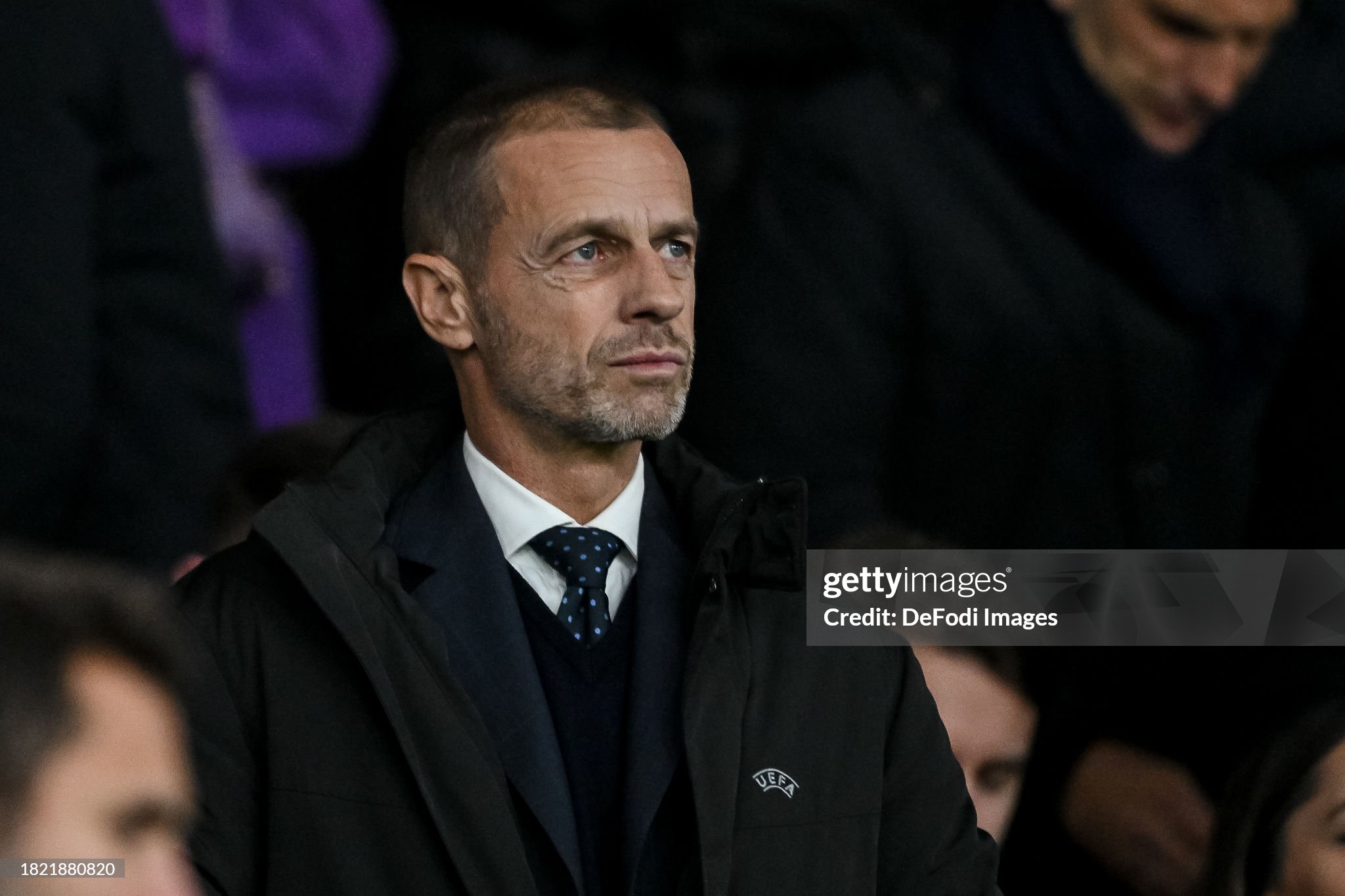The ongoing saga between Manchester City and UEFA over Financial Fair Play regulations has been a significant chapter in European football governance.
In a landmark decision in February 2020, UEFA took the bold step of banning Manchester City from Champions League football for two seasons and imposing a hefty thirty million euros fine. This decision followed an investigation that concluded City had breached FFP rules and provided misleading financial information.
Manchester City, one of England's most successful clubs in recent years, challenged UEFA's sanctions. Their appeal resulted in a significant reversal at the Court of Arbitration for Sport (CAS). CAS's decision to lift the two-season suspension and reduce the fine to ten million euros was a critical moment, suggesting complexities and challenges in enforcing FFP regulations.
The issue resurfaced in February 2023 when the Premier League accused City of 115 breaches of FFP rules over nearly a decade (2009-2018). This accusation by the domestic league added another layer to the scrutiny over City's financial operations. Despite City's denial of these allegations, the investigation by the Premier League is a crucial development, potentially having far-reaching implications for the club and its future in domestic and European competitions.
UEFA President Aleksander Ceferin's comments reflect a mixture of resolution and resignation. While standing by UEFA's original decision to penalize City, he acknowledges the unpredictability and complexities of legal battles in the world of sports. His experience as a lawyer provides him with a unique perspective on the challenges faced in such high-profile cases. Ceferin's statement to The Telegraph underscores his belief in UEFA's stance, despite the setback at CAS.
Ceferin's refusal to comment on the ongoing Premier League case against City is prudent, given the evolving nature of the situation and the lack of complete information. However, his acknowledgement of the fans' curiosity and concern points to the broader implications of such cases. Fans, stakeholders, and observers of football are keenly interested in the outcomes of these investigations, as they can have significant consequences for club operations, league integrity, and the enforcement of financial regulations in football.
This situation epitomizes the ongoing tension between football's governing bodies and its elite clubs. It highlights the challenges of enforcing financial regulations designed to ensure fair play and competitiveness in a sport increasingly influenced by significant financial investments. The outcome of the Premier League's investigation into Manchester City, following on the heels of UEFA's actions and CAS's ruling, will be closely watched. It will likely influence the future of financial regulation in football, the balance of power between clubs and governing bodies, and the overall landscape of European football governance.


